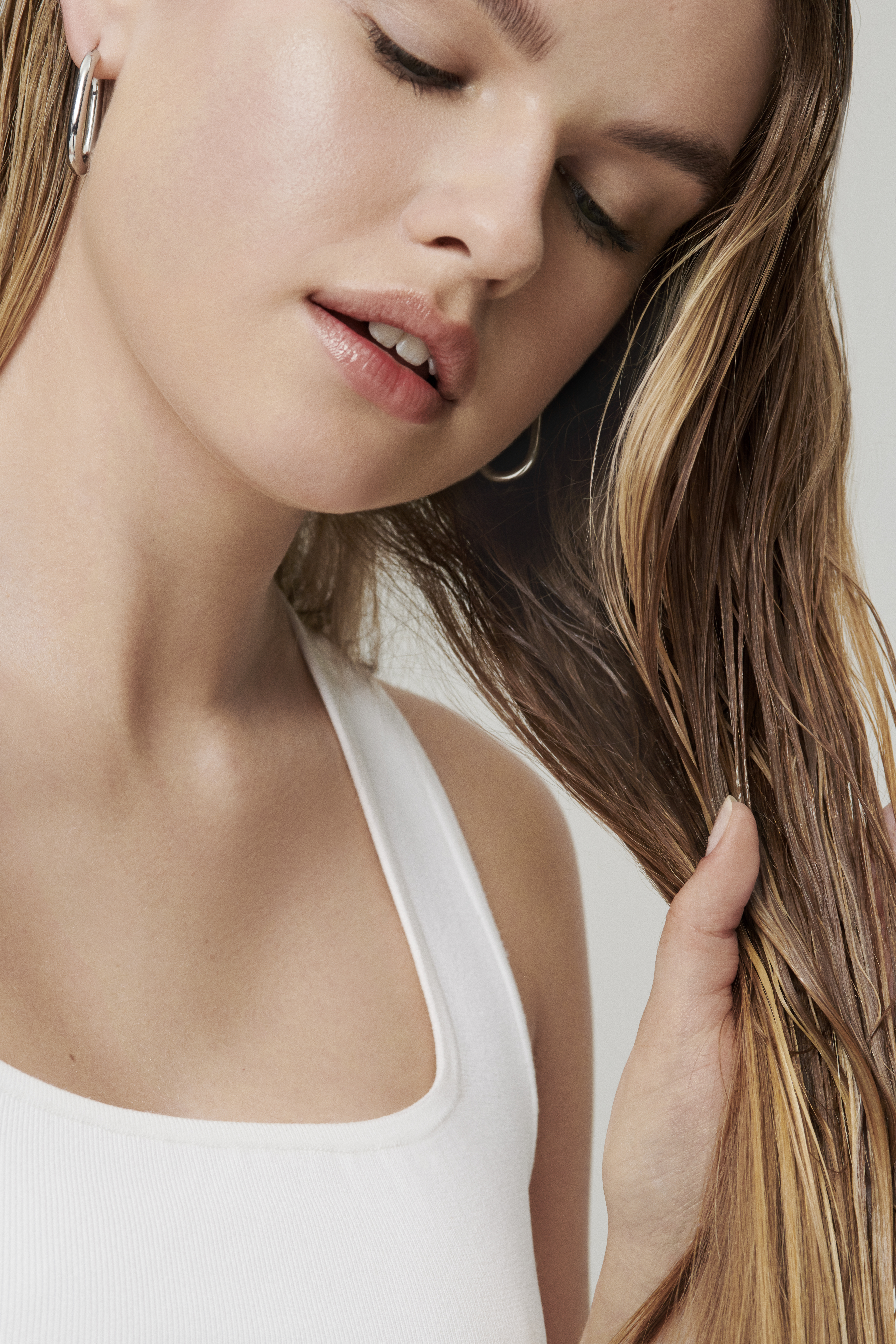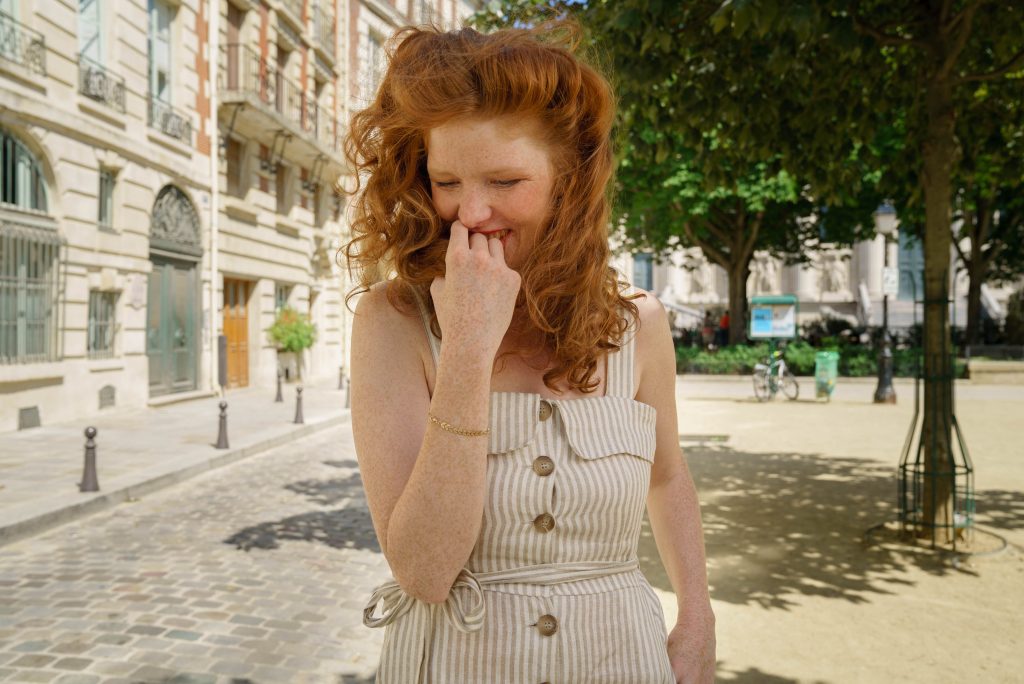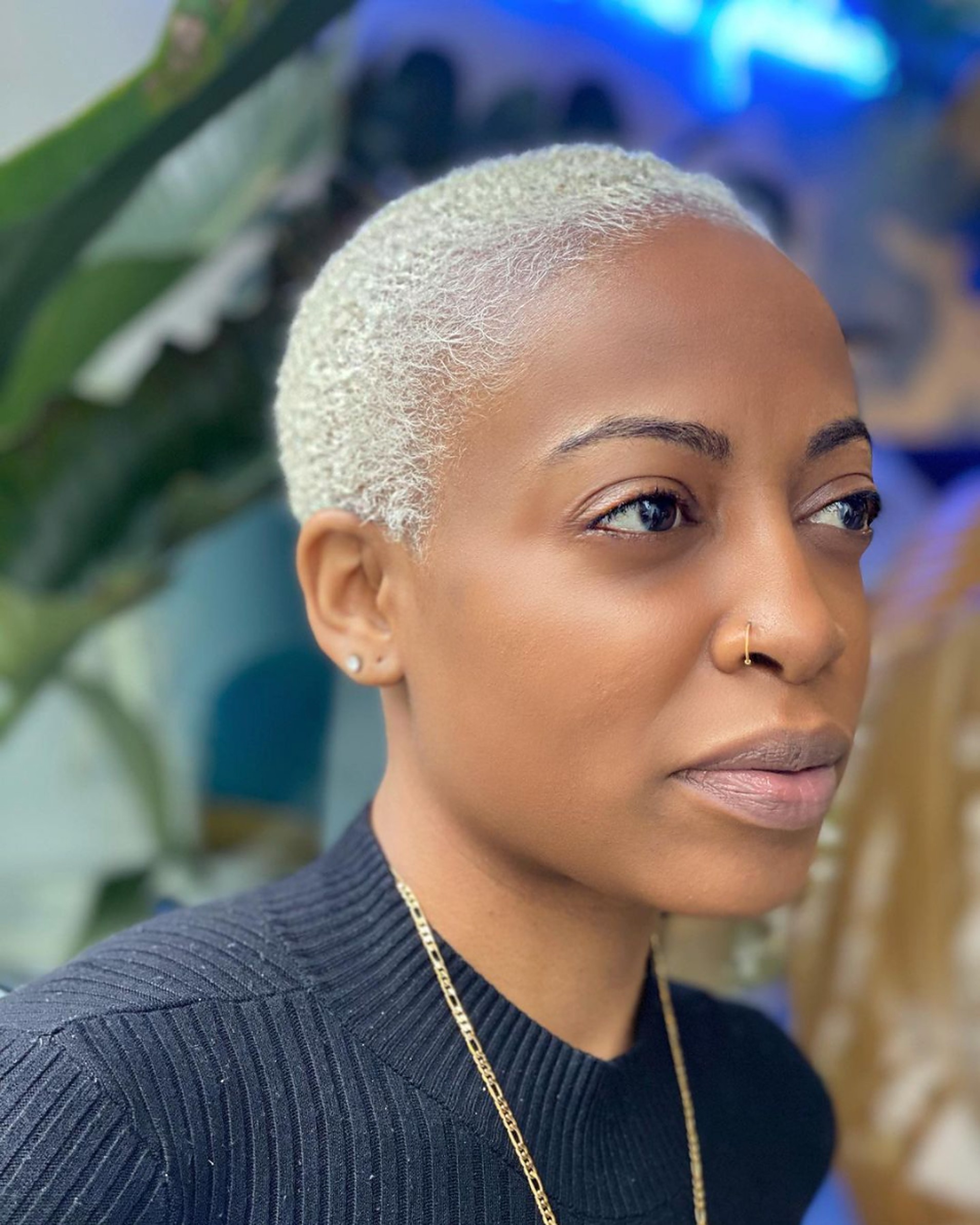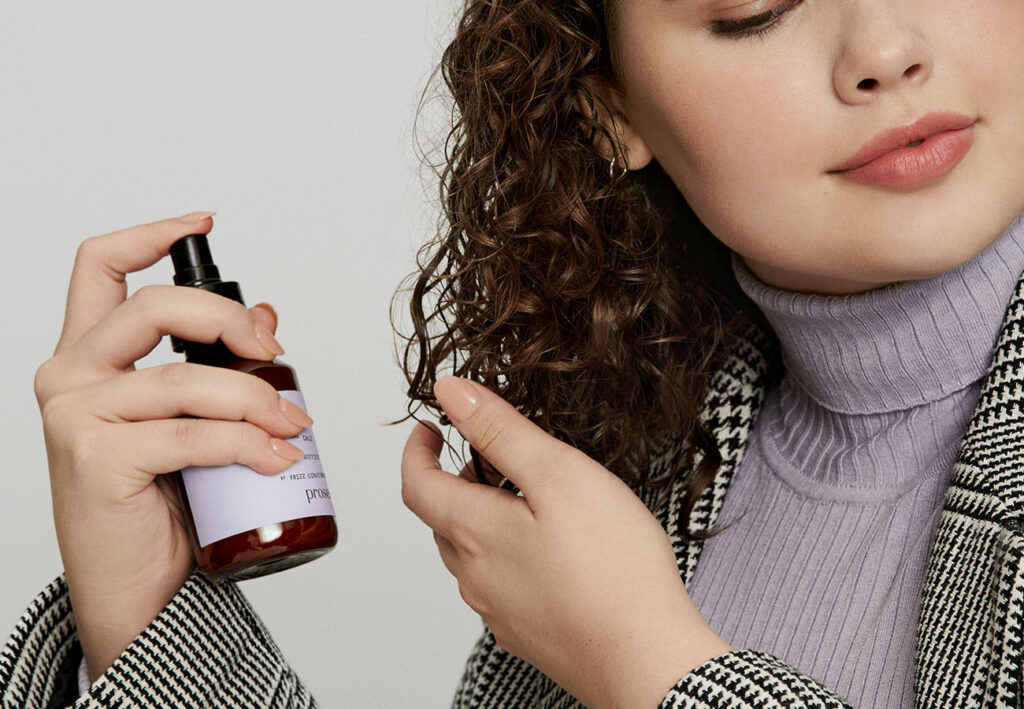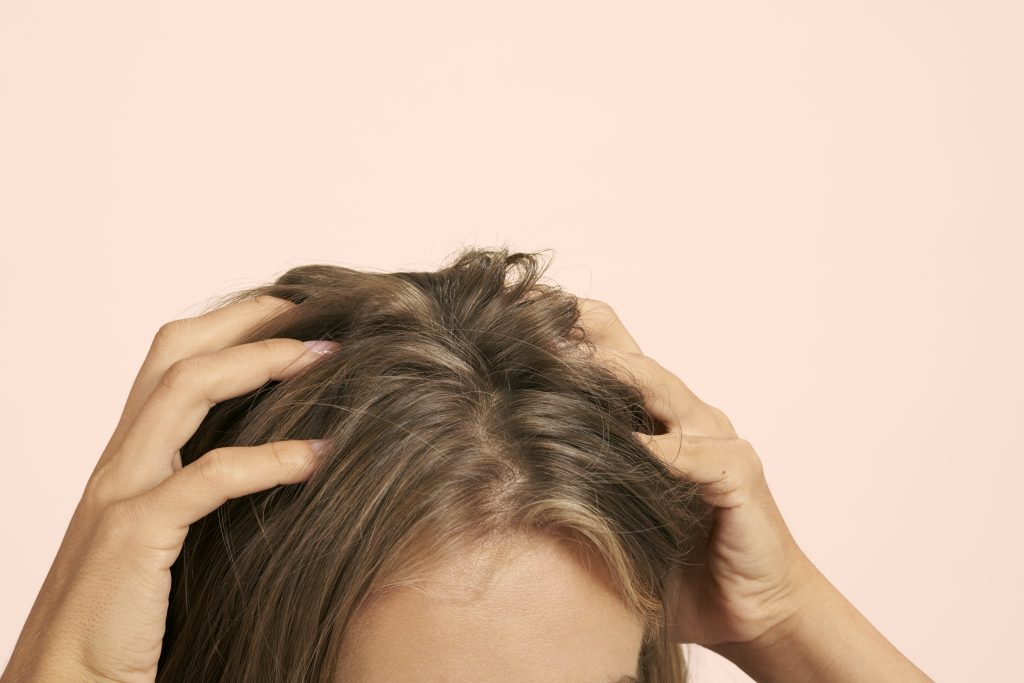How fast does hair grow?
Many people think that everyone’s hair will grow at the same rate— however, this isn’t necessarily true. Hair growth is determined by a number of different factors, but the average person’s hair will grow about 0.5 inches per month or about 1.25 centimeters. When you add this all up, you can expect your hair to grow about 6 inches per year or about 15 centimeters. While this might not seem like a lot, your hair can certainly grow a lot faster if you treat it correctly. At the same time, your hair might grow slower than this average rate.
Hair growth can be affected by things like genetics, sex, and age. For example, men’s hair tends to grow faster than women’s hair. Now it all makes sense why men have to get their hair cut so often! Another factor is age— your hair will grow the fastest when you are between the ages of 15 and 30. After you hit 30, your hair will start to grow slower and can lead to things like hair thinning or even baldness.
Nutrition can also affect your hair growth. If you aren’t getting enough nutrients from a healthy diet or are nutrient-deficient because of a health condition, your hair won’t grow as quickly, and you may experience hair loss and hair breakage as a result. Finally, genetics can also determine the rate of hair growth. So even though there might be things you can do to help your hair grow, it might not do as much simply because of your genetics!
What can stunt hair growth?
So many things can stunt hair growth that it can be hard to nail down the exact cause. However, we are here to help you determine why your hair isn’t growing and what can be done about it so that you can achieve the long, thick hair of your dreams.
- Stress You may know that stress has a negative effect on the body and can impact things like your digestive system, but did you know that it can also affect your hair growth? It’s true. Stress can stop your hair from cycling through its stages of growth— causing it to enter into the “resting” phase and stop growing. This might not seem like a big deal, but it can actually result in up to 30% less growth overall. Not only will your hair not grow as long, but it can also cause as many as 70% of scalp hairs to fall out within two months. High stress, pregnancy, infections, illnesses, and surgeries can trigger this condition.
- Dirt It’s hard for your hair to grow when it’s constantly covered in dirt and oil. If you aren’t washing your hair enough, you could actually be stunting your hair growth! At the same time, you don’t want to wash your hair too much that you strip it of the beneficial natural oils that do help it grow. How often you need to wash your hair will depend a lot on your hair type. Some people need to wash their hair every 2-3 days, while others can go longer. However, we recommend that you go no longer than one week without washing your hair in order to remove dirt and oil buildup that can prevent your hair from growing properly.
- Tension You may have seen gymnasts or dancers who deal with hair growth issues from keeping their hair up too tightly for too long. However, this can really happen to anyone that keeps their hair up in tight buns or ponytails for extended periods of time. This doesn’t necessarily mean that you have to wear your hair down all the time, but just make sure to give your hair a break from tight hairstyles by wearing a looser ponytail, bun, or protective style a few times a week.
- Heat Too much heat can wreak havoc on your hair. And in a world where straightening, blow-drying, and curling are commonplace, this can be a hard thing to hear. The good news is that this doesn’t necessarily mean that you need to throw out your heat styling tools in favor of natural hair 100% of the time, but it does mean that you will need to take some steps to protect your hair from heat and give it a break every now and then. You can protect your hair by applying heat protectant products before styling, getting deep conditioning treatments on a regular basis to combat damage, or setting a limit on how often you use heat on your hair. For example, you might try only allowing yourself to blow dry three times a week instead of every single day. These small changes can really make a huge difference.
How to help hair grow?
Now that we’ve gone over some of the reasons why your hair isn’t growing, it’s time to talk about what you can do to promote hair growth and combat some of these annoying issues. Some of these tips might not work for everyone, but it’s definitely worth a shot to achieve your desired hair length.
- Healthy diet and supplements The first way that you can help your hair grow is to eat a healthy diet and supplement with vitamins as needed. A healthy diet generally consists of fruits, vegetables, grains, and healthy fats. Some specific foods to look for include fish, dark green leafy vegetables, nuts, and low-fat dairy products. If, for whatever reason, it’s hard for you to get all your nutrients through diet alone, you can try taking the following supplements: biotin, iron, omega-3 and 6, zinc, and vitamin B6.
- Scalp massage The last thing you can do to help your hair grow is to try out a scalp massage to stimulate your blood vessels. It can also help reduce the stress that’s causing your hair loss in the first place, so this one is pretty much a win-win!
In conclusion
The first step to addressing your hair growth issues is to identify what’s stunting the growth in the first place. From there, you can make the necessary changes to help promote strong, healthy, and beautiful hair. However, you need to remain patient and realize that changes won’t happen overnight— it will take time, but it will be worth it in the end.

